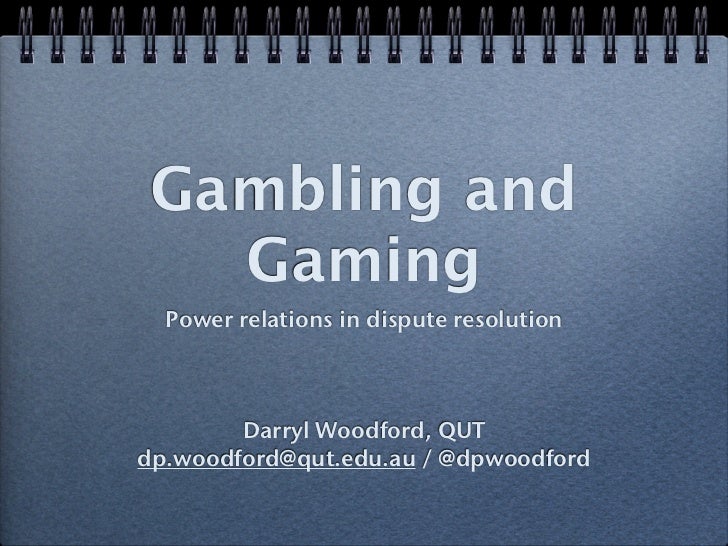Gambling Dispute Resolution
Kahnawake Gaming Commission’s Regulations concerning Interactive Gaming, Part XXIV: Complaints and Dispute Resolution (sections 267 – 281 inclusive) includes provisions to provide players with a method of submitting a complaint relating to any Authorized Client Provider (operator) licensed by the Commission. Back to top Summary of the dispute to date. The summary below was up-to-date at Consultations. Complaint by Antigua and Barbuda. On 21 March 2003, Antigua and Barbuda requested consultations with the US regarding measures applied by central, regional and local authorities in the US which affect the cross-border supply of gambling and betting services. For over 90 years, the AAA-ICDR ® has been the industry leader and world’s largest alternative dispute resolution (ADR) provider helping parties navigate the process efficiently and economically. With staff and resources in 26 U.S. Cities and international offices and hearing centers, dedicated case managers ensure a smooth and trouble-free. The Alternative Dispute Resolution System for Online Gambling Industry / May 2, 2017 May 18, 2020 Alternate Dispute Resolution providers (ADRs) are third-party services whose purpose it is to resolve disputes between consumers and businesses without taking small cases to court.
12. Patron Disputes
Ibas Gambling Dispute Resolution

Gambling Commission Dispute Resolution
12.01 | Raising Disputes. Any Patron who has any dispute, disagreement, or other grievance regarding the play or operation of any Gaming Activity, including a refusal to pay any alleged winnings from Gaming Activities, may raise such dispute with the following persons and in the following order: (a) a member of the staff of the Gaming Operation, (b) the supervisor in the area in which the dispute arose, (c) the CEO, (d) the Commission; and (e) Snoqualmie Tribal Court. |
12.02 | Patron Rights Regarding Disputes. At each level, the Patron has the right to explain his or her side of the dispute and present witnesses in connection with any factual allegation. At each level if the dispute remains unresolved, the patron shall be given a copy of the procedures set forth in this Section 12 and informed of the right to take the dispute to the next higher level as set forth in section 12.01 of this Section. |
12.03 | Raising Disputes. Resolution of any dispute by staff of the Gaming Operation shall always involve two or more staff members, one of whom shall have the title of at least supervisor. Disputes, whether resolved or not, shall be the subject of a detailed report by all staff involved to their supervisors, or, in the case of the CEO, to the Commission. |
12.04 | Impact On Game Play. In the event of a dispute by a Patron that cannot be resolved by ordinary means by Gaming Operation staff as to the outcome, prize, wager made, or any other aspect of the Patron’s participation in a game being played, all relevant data shall be immediately collected, including, but not limited to, all meter readings, memory records, surveillance tapes, and any other reports or information regarding the play in dispute. Following the collection of all relevant data, the Commission shall be notified and requested to (a) make an evaluation of whether or not the dispute involves the integrity of the hardware or software being used and (b) try and resolve the dispute: The CEO shall send a report of disputes to the Commission, and the Commission shall maintain records of those disputes. |
12.05 | Commission Decisions. All disputes which are submitted to the Commission shall be decided by the Commission based on information provided by the Patron, any witnesses or documents provided by the Patron, the CEO, and any other person who has relevant information to provide. The Commission’s decision shall be issued within sixty (60) days of submission, shall be in writing, shall be based on the facts surrounding the dispute, and shall set forth the reasons for the decision. |
12.06 | Appeal To Snoqualmie Tribal Court.
|